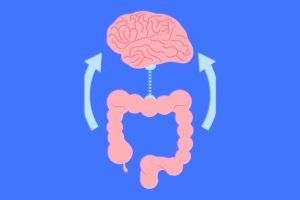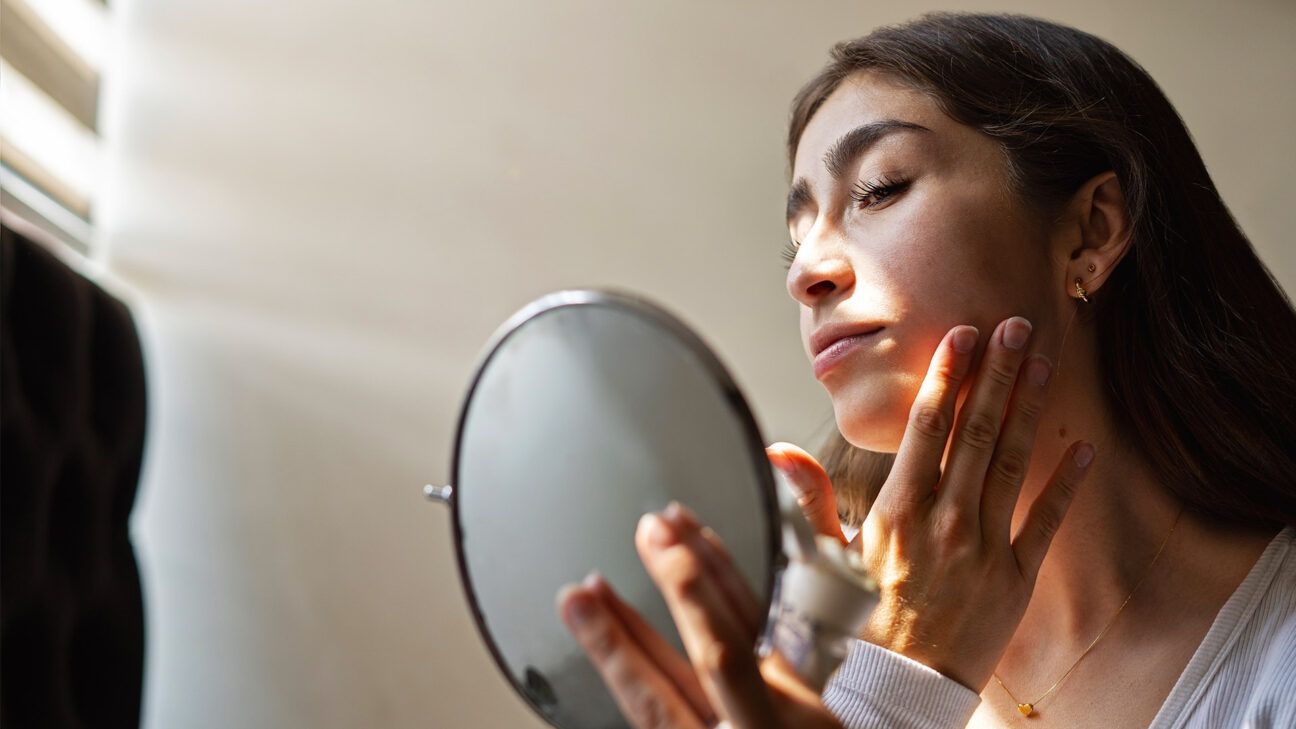Treatments for anxiety, which include psychological interventions and antidepressants, can be highly effective for some individuals. Experts also recommend self-care practices such as avoiding alcohol and illegal drugs, maintaining regular exercise, adhering to consistent sleep and eating routines, and utilizing relaxation techniques like mindfulness.
A recent study indicates that mindfulness may be as effective as antidepressants in alleviating anxiety. According to the World Health Organization, approximately 4% of the global population, or about 301 million people, suffer from an anxiety disorder. While occasional anxiety is a normal part of life, persistent or disproportionate anxiety may signal a mental health condition.
Symptoms of anxiety disorders, which can cause significant distress and disrupt daily life, often include:
- General or specific worry, fear, or anxiety
- Difficulty concentrating or making decisions
- Feelings of irritability, tension, or restlessness
- Nausea or abdominal distress
- Heart palpitations
- Sleep disturbances
- A sense of impending danger, panic, or doom
Treatment options may include selective serotonin reuptake inhibitors (SSRIs), beta-blockers to mitigate physical symptoms of anxiety, or benzodiazepines, though the latter are typically prescribed only short-term due to the risk of dependence or addiction.
A study conducted by the National Institute of Mental Health in Bethesda, Maryland, found that mindfulness-based stress reduction (MBSR) can be as effective as escitalopram (Lexapro, an SSRI commonly used to treat depression and anxiety) in alleviating symptoms in individuals with various anxiety disorders. This study, published in JAMA Network Open, was welcomed by Lee Chambers, a psychologist and founder of Essentialise Workplace Wellbeing, who noted the study’s validity due to its randomized design and significant sample size. Chambers highlighted that the equal efficacy at eight weeks suggests mindfulness as a viable alternative with fewer side effects and lower addiction potential.
The researchers recruited 276 adults diagnosed with agoraphobia, panic disorder, generalized anxiety disorder, or social anxiety disorder. Participants were randomly assigned to either an MBSR program or escitalopram treatment for eight weeks. Self-reported levels of anxiety and depression were recorded at the trial’s midpoint and endpoint.
An earlier report by the researchers, using the Clinical Global Impression of Severity (CGI-S) scale, found MBSR to be as effective as escitalopram in relieving anxiety symptoms. The MBSR group attended weekly sessions to learn and practice mindfulness meditation daily, while the medication group took 10-20mg of escitalopram daily and attended weekly clinical follow-ups.
At the study’s midpoint, those treated with escitalopram reported a greater reduction in anxiety symptoms, but by eight weeks, there was no significant difference between the two groups. However, the medication group experienced more side effects, with 78.6% reporting at least one adverse event, compared to only 15.4% in the MBSR group.
Dr. Elizabeth Hoge, the corresponding author and director of the Anxiety Disorders Research Program at Georgetown University Medical Center, noted that both treatments similarly reduced anxiety levels. For instance, the PROMIS Anxiety Scale dropped 8.9 points in the drug group and 7.3 points in the mindfulness group, a difference that was not statistically significant.
MBSR, which includes formal and informal meditation practices and hatha yoga, was developed in 1990 and has been shown to reduce stress, depression, and anxiety symptoms by aiding emotional regulation. This study suggests that MBSR can be as effective as escitalopram over eight weeks, though the medication has a more rapid effect. Chambers emphasized the importance of using broader treatment strategies and personalized care for anxiety.
Hoge mentioned that participants in the MBSR program might have benefited from more contact time compared to those in the medication group, which could have influenced the results. Despite this, the researchers advocate for offering MBSR in clinical settings due to its effectiveness and fewer side effects.
Hoge observed that patients typically have strong preferences for their treatment, with some seeking alternatives to medication through mindfulness, while others prefer the convenience of medication over the effort required for meditation practice. Thus, mindfulness could be a suitable alternative for those wary of SSRI side effects, providing effective relief from anxiety symptoms.




